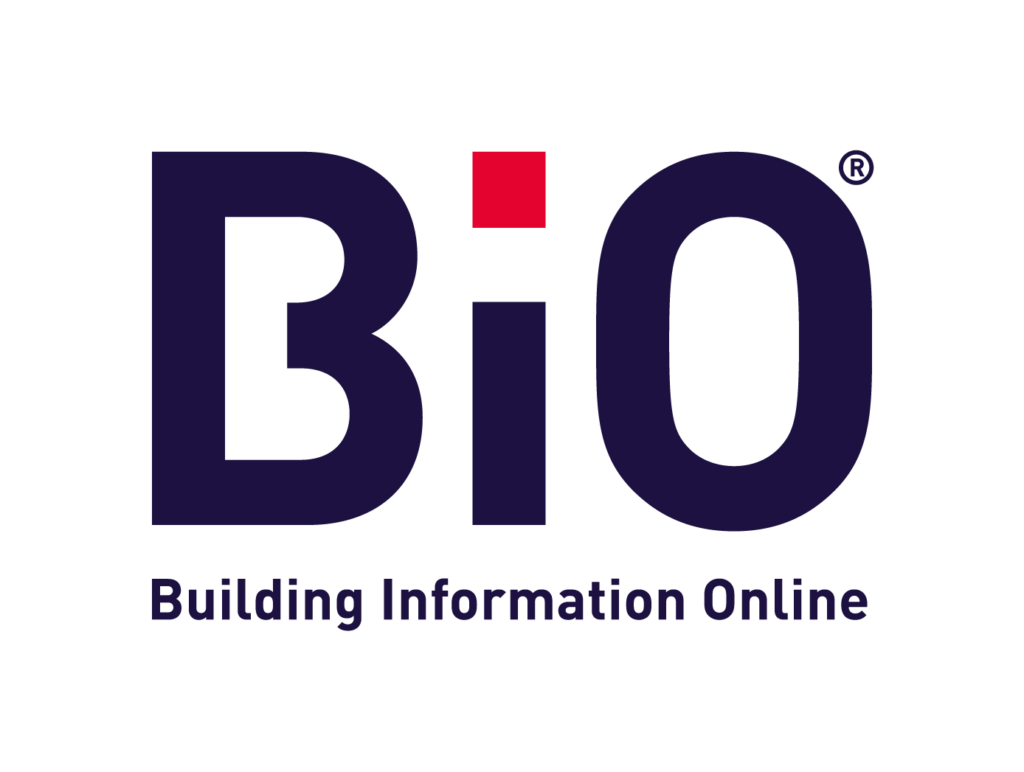
Smart scheduling technology has revolutionised FM by replacing manual spreadsheets and whiteboards with intelligent, data-driven systems. This ensures the right technicians arrive with the right tools at the right time, dramatically improving first-time fix rates and asset reliability, while slashing costs.
Time to Change: Using Smart Scheduling to Optimise Maintenance
Task management can be a struggle for FMs, whiteboards become cluttered with maintenance schedules and assignments. Paper documents and spreadsheets vanish through corruption or misplacement. Emails disappear into overflowing inboxes. Even some purpose-built scheduling tools fell short when bombarded with appointments, still requiring human intervention to process and prioritise information.
These antiquated methods take up too much time. With overwhelming task volumes and skill shortages, FMs need to take a new approach.
Smart scheduling, using the latest workflow management software, removes these obstacles. The right tools can accelerate repairs, guarantee immediate data access, slash costs, and empower managers to deploy resources strategically.
Maintenance scheduling
From reactive to strategic: Smart scheduling catapults organisations into the realm of smart maintenance, transforming reactive firefighting into strategic interventions, which maximise asset performance and extend equipment life cycles.
First-time fixes: Smart scheduling transforms maintenance operations by reducing return visits. The latest smart scheduling tools, including DMA’s BIO®, dispatch the perfect personnel to each job site, armed with appropriate tools and knowledge. FMs instantly understand exactly what’s needed to repair without inaccurate guesswork or frustrating callbacks. Combined with visualisation before visiting (digital twins), these types of facilities technologies let FMs feel fully prepared.
Asset reliability: Traditional scheduling traps FM in rigid timetables, which ignore actual usage and current asset conditions. This outdated approach triggers unnecessary interventions, creating micro-breakages through excessive lubrication, cleaning, or component replacements when the equipment doesn’t require attention.
Preventing critical misses: Smart scheduling also reduces the risk of the opposite danger – missed intervention. When assets endure unexpectedly heavy use, for example, old-school scheduling systems miss critical maintenance windows. Meanwhile, FMs idly wait for their next pre-planned task.
Thanks to Internet of Things (IoT) sensors, conditions such as temperature, vibration, or humidity send alerts when work is required, facilitating a predictive approach to maintenance. Modern scheduling platforms supercharge asset reliability by adapting instantly to real-time conditions and usage patterns.
Precise Timing for Peak Performance
By actively monitoring performance metrics and leveraging predictive analytics, smart scheduling platforms pinpoint optimal maintenance windows. FMs can then perfectly balance operational demands with asset preservation.
The Business Case for Smart Scheduling
Long-term financial advantages: Ignoring smart scheduling triggers substantial financial consequences. Equipment can deteriorate rapidly from poorly timed maintenance, leading to expensive repairs and premature replacement costs. An over-reliance on reactive maintenance will also lead to an increased risk in emergency callouts. Smart scheduling dramatically reduces both of these risks.
Slashing downtime to boost profits: Machine shutdowns devastate operational budgets. Smart scheduling achieves to minimise disruptions. dramatic downtime reduction by strategically coordinating maintenance during operational lulls. Working in this way merges multiple tasks.
Environmental protection through precision: Smart scheduling protects environmental interests by preventing unnecessary system interventions. Consider closed-circuit HVAC systems, which waste tonnes of water during routine flushing. Timing resource intensive activities based on need rather than routine can minimise environmental impact while preserving optimal system performance.
Eliminating administrative waste: Traditional approaches burden technicians with button-pushing. Teams waste countless hours recording the same information twice—once in asset registers and again in task management systems. This duplication not only wastes time but leads to dangerous inconsistencies between critical records. Syncing information between the two prevents inaccuracy.
Information at your fingertips: This centralisation delivers critical information to workers instantly, eliminating frustrating information gaps and contradictory guidance. Staff can focus their energy on applying specialised technical expertise, rather than struggling through administrative mazes.
Protecting your teams’ mental health: Traditional return on investment considerations miss a crucial factor: staff wellbeing. Smart scheduling liberates maintenance professionals from the chaos of juggling conflicting tasks with fragmented information sources. The platform acts as a “second brain,” handling the cognitive burden of prioritisation and resource allocation. This lets teams save energy for the most critical work, reducing stress levels and hopefully increasing job satisfaction.
The Human Element of Workflow Management
Putting customers at the centre: Customisation creates competitive advantage. Modern scheduling platforms empower maintenance teams to tailor their approaches to specific client requirements, creating truly bespoke maintenance operations that outperform competitors and satisfy customers.
Mastering deadlines: Customers need to know that you’ll deliver in a timely manner. Using smart scheduling, managers can now track maintenance deadlines effortlessly and communicate proactively with customers, should adjustments become necessary. This transparency builds customer relationships, by managing expectations effectively rather than delivering unwelcome surprises.
Adapting to daily disruptions: The agility of smart scheduling can go some way to absorb inevitable interruptions. Last-minute meetings, emergency calls, and schedule conflicts integrate seamlessly into the scheduling framework, with automatic adjustments rippling through the system in real time.
Empowering your frontline teams: From the employee perspective, smart scheduling platforms illuminate daily responsibilities and ensure teams arrive at job sites prepared, both with physical and mental resources. By removing preventable obstacles to productive work, this preparation boosts job satisfaction.
How to integrate smart scheduling: a practical approach
Define your vision for success: Change begins when you find your ‘why’. Before implementing smart scheduling, clearly define your specific goals, such as to slashing downtime, boosting first-time fix rates, elevating customer satisfaction, or optimising resource allocation. Doing so will help you make the right investment.
Ensure data integrity: Data validation makes or breaks scheduling effectiveness as algorithms can only perform as well as the information they process. Establish rigorous data collection by ensuring your staff are well trained in its use. Ensure that your data-processing policies are robust.
Conquer system integration: Legacy systems often present integration challenges with new software. The ideal solution replaces fragmented systems with a comprehensive platform. When that’s not immediately possible, prioritise seamless data integration across different information streams to prevent information silos and make sure you choose a future-proof option, one that integrates with AI.
Reframe cost as an investment: Initial costs may appear daunting, but the long-term financial returns outweigh the upfront price. Conduct thorough cost-benefit analyses that capture both tangible and intangible benefits across a multi-year plan. Smart scheduling should be viewed as a strategic investment in operational excellence.
Our Everything System
At DMA, we recognised the need for a system that automated our operational processes and handle the data we enter. To this end, we created our own award-winning digital platform BiO®.
To create the product, our team spent with each member of our company to understand the best way in which way they worked. This allowed us to build a platform that works for everyone.
The result is a platform that not only provides smart scheduling, but also delivers:
- Automation of tasks and processes
- Real-time communication
- Automated calls-to-action
- Management by exception
- Data and performance analytics
- Detailed reporting and dashboards
- Improved compliance with industry regulations and company policies by automating compliance checks and documentation processes
BIO® has improved our own productivity by 50% and created a more seamless experience for customers.
The Future of Scheduling
Smart scheduling revolutionises how facilities management organisations operate at their core. By replacing rigid scheduling with dynamic, data-driven resource allocation, FMs elevate service quality, slash costs, extend asset lifespans, and boost staff satisfaction.
As facilities technology evolves, smart scheduling capabilities will expand exponentially. Artificial intelligence now refines predictive maintenance algorithms, identifying potential failures before they occur.
FMs embracing this approach dominate the industry’s evolution, while those clinging to outdated methods rapidly fall behind in efficiency, cost-effectiveness, and service quality. In today’s environment, where operational excellence is a minimum requirement, smart scheduling lets your organisation thrive in a competitive market.
Schedule time with us today
Contact DMA Group today to discover how our smart scheduling solutions can transform your maintenance operations, reduce costs, and deliver unprecedented levels of service quality.




